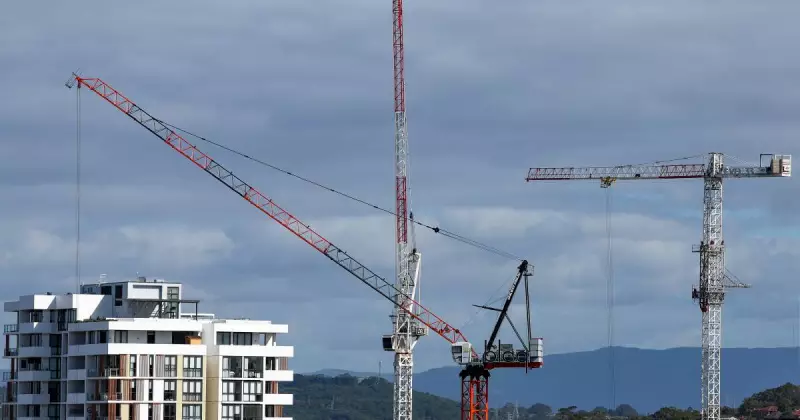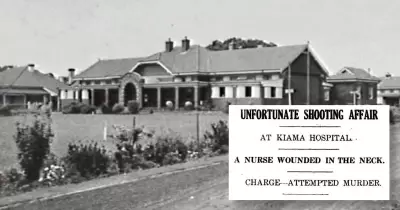
Wollongong City Council has ignited a fiery debate after voting to slash developer contributions for new hotels, a move proponents say will boost tourism but critics argue will cost the city millions in vital infrastructure funding.
Council Split Over Developer Incentives
During a decisive meeting on Monday night, councillors debated the city-wide developer contributions plan, which sets levies on new developments to fund public infrastructure. The council ultimately voted to reduce the levy for new hotels from 2% to 1% as a specific incentive to attract investment in the visitor economy.
Greens councillor Kit Docker led the opposition, moving an unsuccessful amendment to retain the full 2% rate. He warned the council would "forgo millions of dollars in revenue" if the cut proceeded. "If we cut these contributions, those costs don't just simply disappear, they will simply shift back onto council and the community," Cr Docker argued.
The Case for Cutting Levies
Councillors supporting the reduction countered that the short-term revenue loss was a necessary trade-off to stimulate much-needed hotel construction. Councillor Ryan Morris emphasised the urgency, stating, "We need to get something moving and any incentive we can get to get hotel and infrastructure moving and tourism, we should apply for now."
Councillor David Brown presented a pragmatic economic argument. He illustrated that while a theoretical $1 million contribution would be halved to $500,000, the council would be financially better off if the incentive prompted a development that otherwise wouldn't proceed. "Without the incentives, the hotel does not get built, so no contributions are made," Cr Brown stated.
Investing in Wollongong's Future
The debate highlighted a fundamental divide in strategy for fostering growth. Cr Docker advocated for direct investment in public infrastructure like parks, pathways, and public spaces to make Wollongong a more desirable destination naturally.
In contrast, Lord Mayor Tania Brown and others saw the levy cut as a crucial strategic lever. Reflecting on the success of events like World Triathlon, Cr Brown underscored the strategic need for more hotels, expressing frustration at the lengthy discussions and championing the council's proactive steps to attract investment.
The final vote saw Cr Docker's amendment to retain the 2% rate defeated 9-4. The new contributions plan, with the hotel levy halved, was subsequently passed 10-3, with Cr Docker and fellow Greens councillors voting against it.






